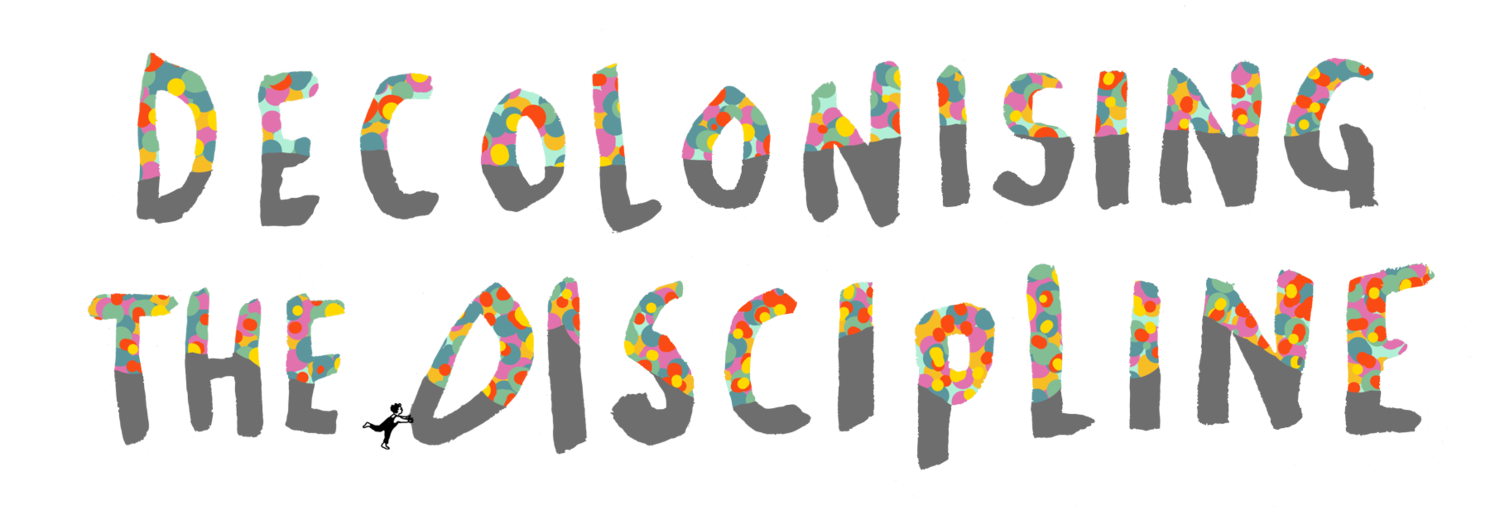Decolonisation in the Further Education College Library
Jo Lapham, (Truro and Penwith College)
Despite being the buzzword of the last few years, decolonisation of the libraries has infrequently been discussed at Further Education level. However, unusually for the library world, this has been easier to put in place in the FE library than in the HE areas of the college.
In the FE library, Literature proved the simplest and most obvious place to start. We already owned books by many South American, African and Middle Eastern authors and it was surprisingly easy to discover new authors from various countries around the world to enhance our collection.
Our History A-level students study the slave trade and Empire, and we worked hard to get books written by non-white authors, including texts written by ex-slaves. This all tied in well with our EDI policy highlighting the need to stock books about various ethnic groups, but also written by non-white authors. Books such as Fryer’s (2021) Black people in the British Empire and Olusoga’s (2020) Black and British worked beautifully in this setting, but many of these also tied in well with subjects such as Sociology, Media and Economics.
Art and Photography were also simple topics in which to discover more varied authors and our lecturers in these subjects were happy with the displays we produced for these.
We had less success with HE subjects. Persuading lecturers to look at their reading lists with a view to modification didn’t go so well. We took a selection of courses and picked apart their reading lists. We discovered that a huge majority of authors were British or American, with a smattering of Northern European writers. Without the power to change reading lists, we looked at which databases were filterable by country of origin. This has been handy in inductions to encourage students to think outside the box.
References
Fryer, P. (2021) Black people in the British Empire. 2nd edn. London: Pluto Press
Olusoga, D. (2021) Black and British : a forgotten history. Updated edn. London: Picador
